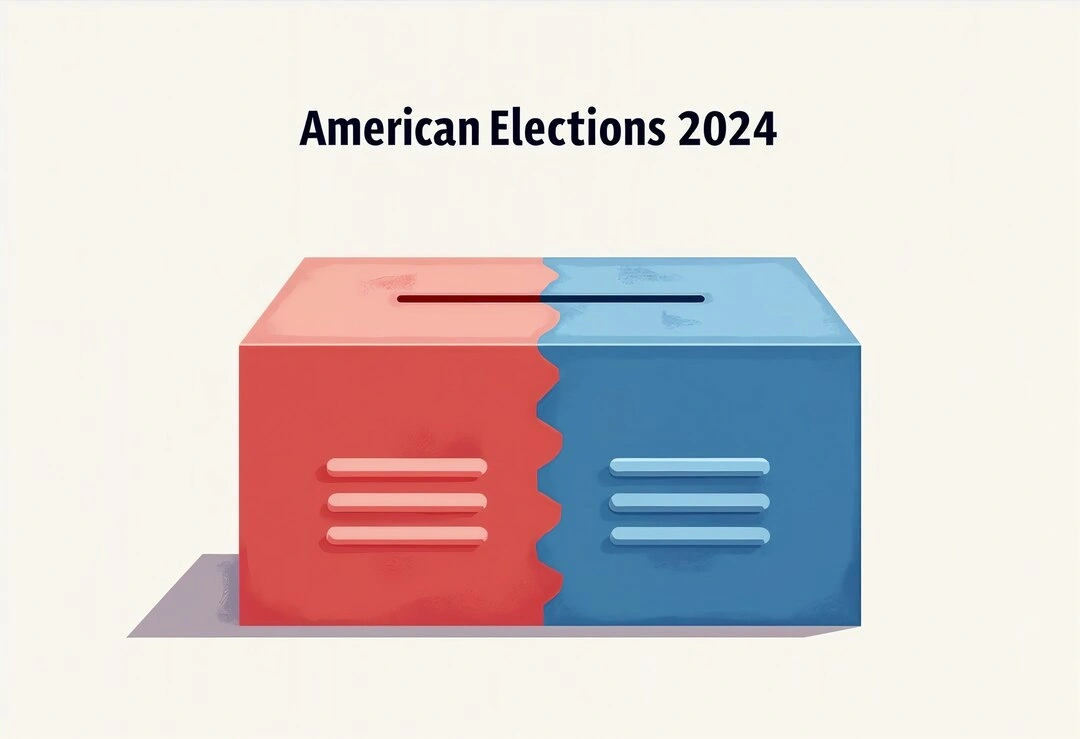Economy
Budget
Politics
Elon Musk

Economy
Budget
Politics
Elon Musk
Elon Musk, the world's richest person, made a striking claim at a Donald Trump rally in Madison Square Garden on Sunday, October 27th, 2024. He asserted that he could slash at least $2 trillion from the federal budget, outlining a vision of significant government spending reductions should Trump win the presidency.
Addressing a fervent crowd, Musk declared, “Your money is being wasted,” emphasizing the need for fiscal responsibility. He promised a Trump administration would "get the government off your back and out of your pocketbook."
This statement wasn't made in a vacuum. Trump himself has indicated he would tap Musk to lead a governmental initiative focused on cutting spending. This proposed entity, playfully dubbed the Department of Government Efficiency (DOGE), a nod to the cryptocurrency, has sparked considerable debate.
The potential conflict of interest inherent in such a position is a major point of contention. Musk's companies, including Tesla and SpaceX, receive substantial federal funding. These include billions in contracts and financial benefits such as electric vehicle tax credits and infrastructure investments. His appointment would thus place him in a position to influence the very budget that supports his enterprises.
The $2 trillion figure represents a substantial portion of the current federal budget. According to the Treasury Department, the federal government's expenditure reached $6.75 trillion in fiscal year 2024. Musk’s proposed cut of $2 trillion would amount to nearly one-third of the total spending. This ambitious goal was further emphasized during a brief exchange on stage. Howard Lutnick of Cantor Fitzgerald LP directly asked Musk how much he could cut from the budget if Trump were elected. Musk responded with confidence, stating, “Well, I think we can do at least $2 trillion, yeah.”
While Trump has consistently spoken about reducing the national debt throughout his campaign, he has yet to publicly detail specific programs earmarked for cuts. Instead, his campaign platform is loaded with proposed tax cuts for various voter segments – measures that economists warn would dramatically expand the deficit. This contrast between proposed tax cuts and the call for dramatic budget cuts creates a significant economic conundrum.
Musk's substantial financial contributions to the Trump campaign further intensify the scrutiny surrounding his proposed role. Federal filings reveal Musk's contributions to Trump and other Republican candidates in the 2024 election cycle exceeded $132 million. This significant investment catapults him to the top tier of political donors, making him one of the most influential contributors of the election year.
These contributions highlight Musk's growing political influence, demonstrating his proactive approach to shaping national policy. His actions extend beyond mere financial contributions; he has actively campaigned alongside Trump and even held his own rallies separate from the former president’s events. This level of direct involvement is highly unusual for a political donor, showcasing a unique degree of political engagement.
New Tax Cut Proposals: A Growing Economic Concern
Adding to the already complex economic picture, Trump unveiled another tax credit at the Madison Square Garden rally. This new proposal aims to benefit family caregivers. However, details regarding funding and potential offsets were absent. This lack of specificity adds to the skepticism surrounding the overall fiscal responsibility of the proposed plan.
His proposed tax cuts already encompass a wide range of voter demographics. These include measures targeting tipped workers, hourly employees, senior citizens, and high-income residents of Democratic-leaning states. The cumulative effect of these proposals, coupled with other promises, presents a potentially significant challenge to fiscal sustainability.
In contrast, Vice President Kamala Harris has presented alternative proposals. She has suggested expanding Medicare to cover home healthcare, extending tax credits for parents, and enhancing deductions for startups. She has also proposed to finance these initiatives by increasing taxes on corporations and high-income earners. This represents a fundamentally different economic approach compared to Trump's proposed tax cuts.
Trump has also pledged to pursue broad deregulation and extend expiring tax cuts. He further proposed lowering the corporate tax rate from 21% to 15% and introducing new tax breaks to stimulate domestic manufacturing. He intends to finance these through tariffs imposed on imports, regardless of whether the importing countries are allies or adversaries. Economists have consistently warned that the revenue generated from tariffs is unlikely to offset the costs of these tax reductions and could, in fact, increase costs for American households.
During an interview with Bloomberg News, Trump asserted, without providing evidence, that his economic platform would ultimately benefit taxpayers. However, some investors remain apprehensive. They believe that Trump's policies could lead to higher national debt, inflation, and interest rates, casting doubt on the long-term economic viability of his proposals.
The Broader Political Landscape
The rally underscored the heightened political stakes of the 2024 election. The event featured not only Musk's significant contribution but also showcased the ongoing debate regarding budget priorities and economic policy. The competing visions presented by Trump and Harris reflect fundamentally different approaches to governing and managing the national economy. The lack of detailed plans and the potential conflicts of interest inherent in certain proposals add layers of complexity to an already contentious election cycle. The promises and counter-promises raise significant questions for voters weighing the long-term economic consequences of each candidate's platform. The ensuing debates will likely shape the public's understanding of the fiscal challenges facing the nation and the potential pathways forward. Furthermore, the financial contributions made by individuals like Elon Musk highlight the increasing influence of private wealth in national politics.
The election's outcome will undoubtedly have a profound impact on the nation’s economic trajectory and will likely determine the priorities and approaches implemented regarding government spending, tax policies, and regulatory measures. The extensive debate surrounding the various proposals underscores the significance of understanding the economic implications of each candidate’s platform as voters make their choices. The upcoming election will ultimately decide the nation’s direction for years to come, impacting the lives and livelihoods of millions of Americans.
SHARE


news
30th October 2024

news
30th October 2024


news
30th October 2024

news
30th October 2024


news
30th October 2024


news
30th October 2024


news
30th October 2024